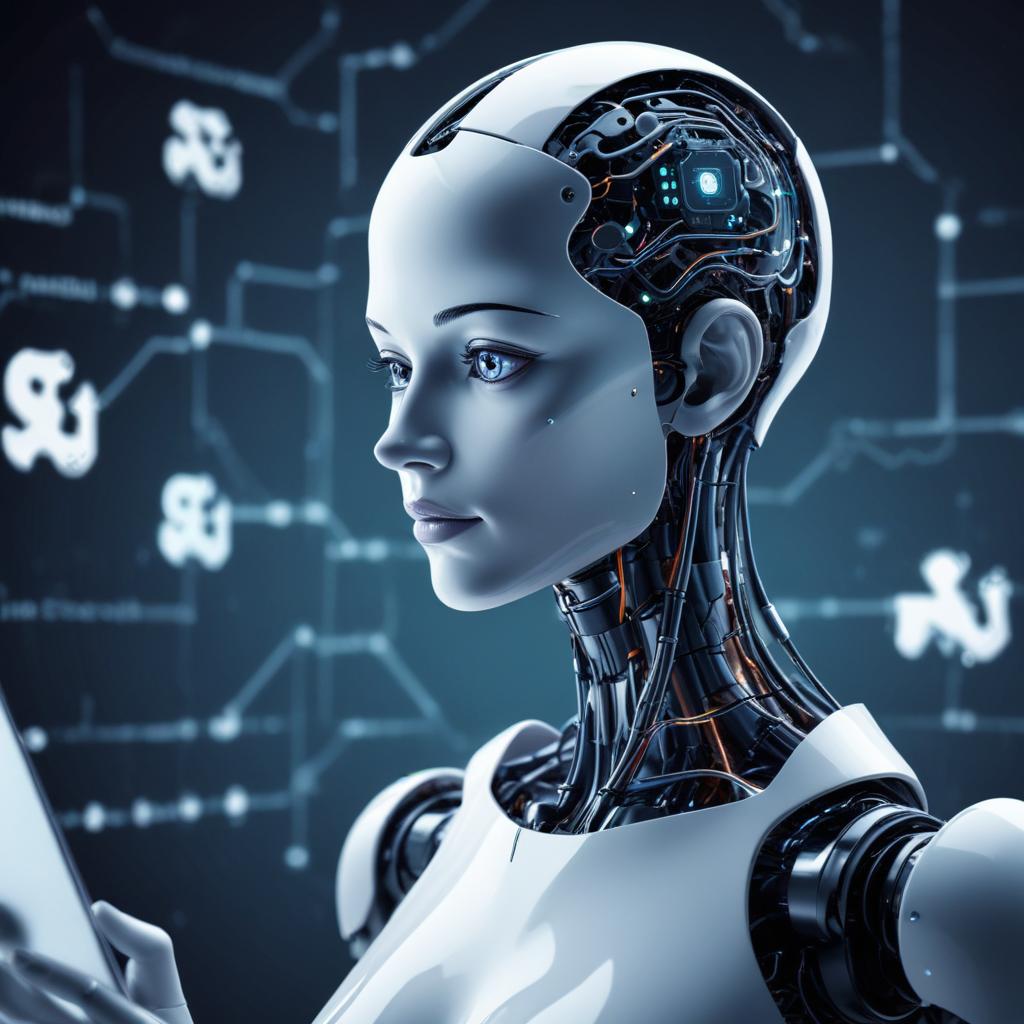The use of Artificial Intelligence (AI) in creative writing has raised several ethical concerns and questions. Here are some of the key ethical issues:
- Authorship and Originality: Who is the author of a piece of writing generated by AI? Is it the human who programmed the AI, or the AI itself? This raises questions about originality and the ownership of creative work.
- Lack of Human Judgment and Emotional Connection: AI-generated writing may lack the emotional depth, nuance, and human judgment that is often present in creative work. This could lead to a lack of authenticity and connection with the audience.
- Bias and Unconscious Bias: AI algorithms can perpetuate existing biases and prejudices, which could be problematic in creative writing. For example, AI-generated characters may be stereotyped or exhibit biases based on their creator’s unconscious biases.
- Job Displacement: The use of AI in creative writing could potentially displace human writers, editors, and other industry professionals. This could lead to unemployment and social disruption.
- Plagiarism and Copyright: AI-generated writing may raise questions about plagiarism and copyright. If an AI-generated piece is deemed original, who owns the copyright? If it’s a derivative work, how much credit should be given to the human creator?
- Fairness and Transparency: AI-generated writing may not be transparent about its creation process, which could lead to unfair advantages for creators who use AI. It’s essential to ensure that the use of AI is transparent and that creators are held accountable for their work.
- Respect for Human Creativity: Some argue that AI-generated writing undermines human creativity and innovation. If AI can generate high-quality writing, what’s the point of human creativity?
- Impact on Literary Culture: The use of AI in creative writing could fundamentally change the way we understand literature and the role of authors in the creative process. This could lead to a shift in literary culture and potentially alter the way we consume and appreciate stories.
- Data Privacy: AI-generated writing may require access to sensitive personal data, such as user behavior, demographics, and preferences. This raises concerns about data privacy and security.
- Accountability and Regulation: As AI-generated writing becomes more prevalent, there may be a need for new regulations and standards to ensure accountability and fairness in the creative industries.
To address these ethical concerns, it’s essential to:
- Develop transparent and accountable AI systems that can be audited and evaluated.
- Establish clear guidelines for authorship, originality, and copyright.
- Encourage open communication about the use of AI in creative writing.
- Foster a culture of respect for human creativity and innovation.
- Develop ethical guidelines for AI-generated writing, including principles for fairness, transparency, and accountability.
- Monitor the impact of AI-generated writing on literary culture and adapt to changing trends.
- Ensure data privacy and security protocols are in place.
By acknowledging and addressing these ethical concerns, we can ensure that the use of AI in creative writing benefits both humans and society as a whole.

